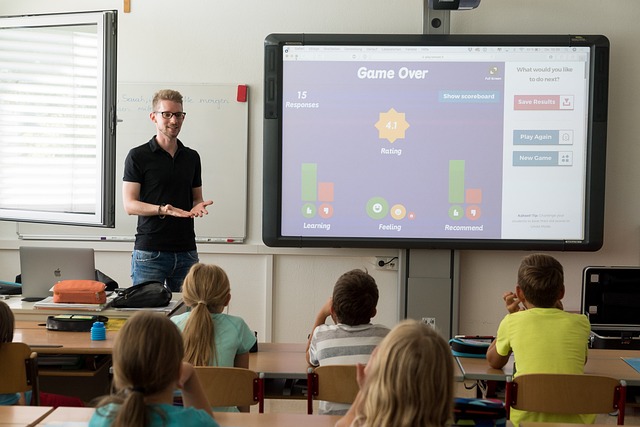3 Tips to Help Kids Finish the School Year Strong
Read the detailed description of Quest's Program Details!
3 Tips to Help Kids Finish the School Year Strong
- Label feelings regarding feeling tired and burned out for what they are. This can be really important as many children start to struggle behaviorally due to these emotions, but often miss that they are having these types of feelings. Acknowledging and honoring feelings of fatigue, burnout or feeling overwhelmed by the amount of work can put a label on what is going on, which often helps children behaviorally. I find that also assisting kids to remember what they have already accomplished this school year and to visualize what they can look forward to can be helpful. Reminding kids that this time of year won’t last forever can also help them to keep things in perspective. The other aspect of this area is that I don’t focus much with kids on whether or not they want to do an activity or not as completing school work is a non-negotiable. Sometimes it can be helpful to not focus a lot on if a child wants to complete something and instead label the emotion and possibly provide support and bonuses for using coping skills.
2. Structure longer term projects and assignments since many things tend to be due close together at the end of the year. I find that this strategy can often help a lot to help kids to be able to hang in there and not disengage due to feeling too overwhelmed. Breaking tasks or assignments into smaller parts can help kids be more productive and not freeze due to feeling stressed. Also, it can be helpful to use a calendar or planner to label when tasks across classes should be completed so that multiple projects and tests don’t have to be completed too close together. By using a calendar with due dates it can be much easier to see the multiple things that need to be completed and to see projects that must be started earlier to help space out work.
3. Add in clear bonuses for task completion (and possibly attitude). This strategy can go hand in hand with strategy #2 since once you have broken down tasks and projects it is easier to provide bonuses for completing portions of the assignments and for meeting deadlines on a planner. It is possible to provide bonuses for getting started on a task, completing a task, for having a positive attitude, for using a coping strategy when doing a non-preferred task, etc. I find bonuses often can help move a child forward in the right direction when they have become stuck.

